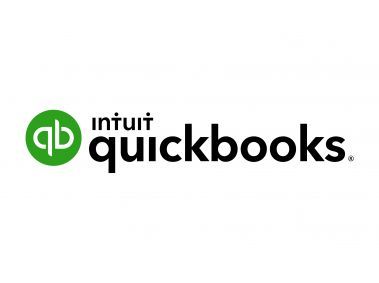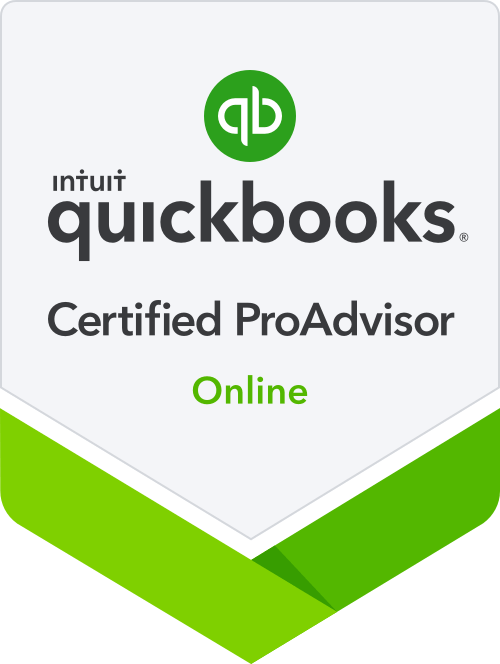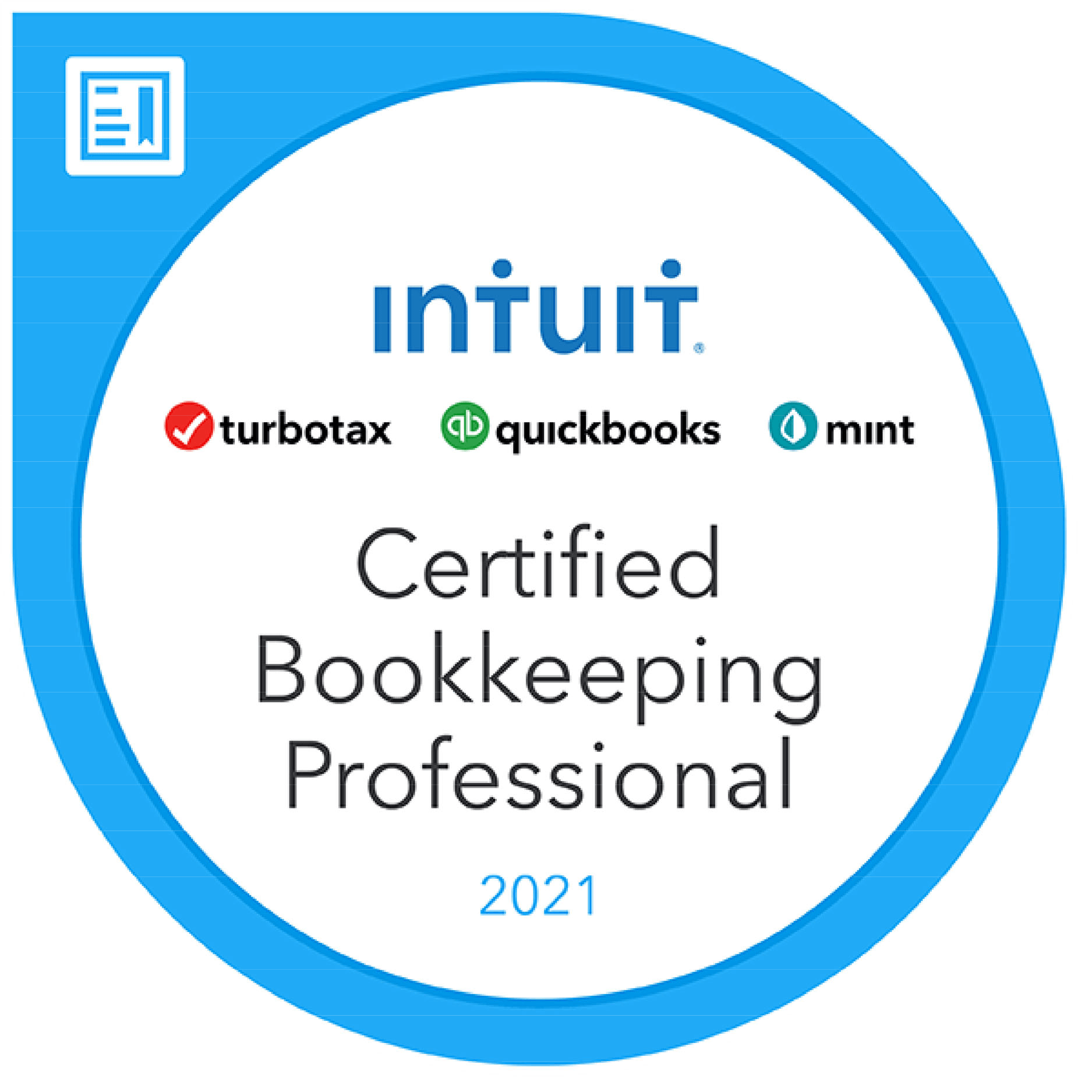Doing Books Right? How Bad Bookkeeping Can Hurt Your Business
You as a busy business owner have many tasks and commitments on your plate, making bookkeeping the last thing on your priority list.
And as for expense receipts, invoices, and other paperwork piles up, you are likely to postpone them to tomorrow….or next week…may be the next month.
Small business owners are likely to save on money by doing things on their own, despite having little to no accounting proficiency. Such silly mistakes and inconsistencies soon turn into costly dangers down the road.
Even worse, it can lead to the shutdown of your business. Knowledge of bad accounting practices can help you make the right decision in a bid to avoid improper financial record keeping.
There are a number of factors that can be impacted due to ineffective bookkeeping.

Not Being Able to See the Big Picture:
Bookkeeping provides insight into the financial viability of your company. Without having accurate records in place, getting the right insights is not possible.
Poor bookkeeping leads to inaccurate reports about your cash flow. Your venture might be facing financial problems, but without a paper trail, you won’t be able to determine the real issues. Top of that, you might not be able to tell that there is an issue.
Causing Expensive Mistakes:
Not calculating profits or costs appropriately due to poor books can be costly. Miscalculating your profits when filing taxes can increase your taxes owed while underestimating them can make you prone to audit and penalties.
Besides, the inappropriate classification of assets (for example, long-term assets that depreciate over years) and expenses can make you pay more in taxes than required.
Even a silly error can have a ripple effect over time if it’s not detected early. If you are not regularly tallying your books with the bank statement, this type of common mistake might go unnoticed unless it leads to big damage to your finances.
Making You Prone to Audits and Tax Fines:
Not filing taxes on time or having expenses, exemptions, or deductions that are not included can alarm the IRS, making you prone to audit.
Even if you have everything in order and are able to defend your deductions and support your revenue sources, the audit process is still overwhelming, time-consuming, and stressful. If any kind of irregularities is found during audits, get ready to be slapped with some penalties.
Reducing Your Tax Deductions:
You are required to document expenses to claim your tax deductions while filing the taxes. But misplacing or overlooking these receipts means you won’t be able to claim them.
And without accurate books, your bookkeeper won’t be able to determine every deduction you could be eligible for.
Increasing Payroll Issues:
Payroll is also impacted by messy bookkeeping. Your employees might be overpaid or underpaid on their salary checks or with benefits. And a mistake that passes on to an employee’s W-2 from your records leads to tax problems for them as well.
Affecting Your Invoicing Cycle:
Without organized records, you won’t be able to track your debtors or clients who still owe you, meaning that it will delay the process of creating and sending invoices.
And the more time it takes you to invoice outstanding accounts and get paid, the longer you will run the business without those funds. Or what if you forget to send an invoice at all, and never get payment?
Some clients don’t pay unless they absolutely have to. Some simply don’t know they have to pay unless they received an invoice. In both cases, a lack of proper records can hinder your cash flow. It might also create the risk of allocating payments or debts to the wrong vendors or clients.
Keeping your books accurate will speed up the invoicing cycle so that you can get paid on time.
Increasing Late and Overdraft Charges:
Falling behind on your books translates to falling behind on bills. On average, it can cost your company $500-$1000 in late fees per quarter according to the size of your business. Inaccurate books can lead to overdraft accounts and all the associated costs.
Avoiding Poor Bookkeeping Practices—Conclusion
Bad bookkeeping practices can impact your business in a variety of ways, even when your company is growing. Apart from those missed opportunities caused by inaccurate records, a business can end up running into legal troubles.
Understanding how poor bookkeeping can ruin your business will help you take steps to fix things. However, if you have little to no knowledge of bookkeeping, it is better to hire a professional bookkeeper.
If hiring a professional bookkeeper is still beyond your budget, look for an online bookkeeping firm as it can save you money and hassles. The point is here to keep your books in top shape and make them one of your business priorities.
So if your books are messy and beyond your control, let our bookkeepers handle them. We not only offer top-notch bookkeeping services for the business that lack the same but also deliver clean-up services to remove the flaws in your books. Let us know how we can help you!





Contact Information
Phone: (847) 979-0803
Email: info@ycintegrity.com
Address: 870 E. Higgins Rd., Suite 138G, Schaumburg, IL 60173







